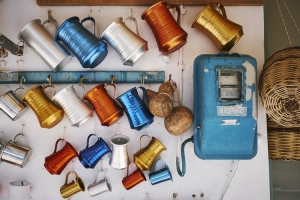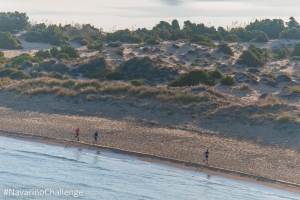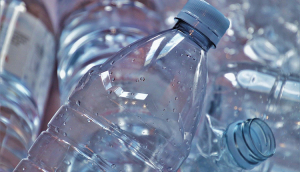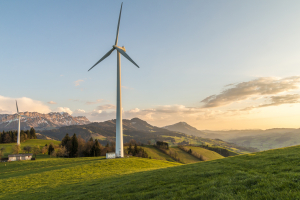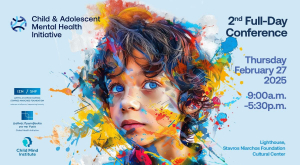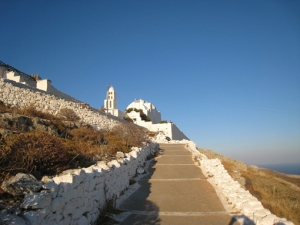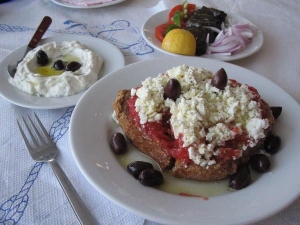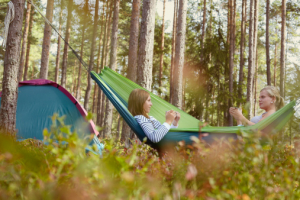WELLNESS HUB
XpatAthens
February 20 - A Land Of Culture
"Navarino Challenge" With Over 20 Activities
More information about the privileged accommodation packages can be found here!
Navarino Challenge, which has as its main goal the promotion of sports and fair play,will be full of activities covering the requirements of all ages. At the same time, thesecondary objective is to extend the tourist season. The sports tourism event with themost Olympic ambassadors returns once again in Messinia with 12 Olympic sports! Alongwith running, swimming, tae kwon do, this year we will live the experience of anothermajor Olympic sport such as beach volley, with the presence of one of the biggest andmost historic athletes of Greek as well as international volleyball, Michalis Triantafyllidis.This is the addition of a tournament called the King & Queen Beach Volley Tournament by Triantafyllidis Beach Arena and the beach volley courses by Triantafyllidis Beach Arena.
The former Greek national volleyball player holds the record of participations in the Greek National Team (ranked 3 rd in the European Cup at 1987) and holds the most titles of anathlete in volleyball and beach volley in Greece. Michalis Triantafyllidis said: “I find it veryimportant that beach volley is included this year in the program of an already verysuccessful event, such as the Navarino Challenge. For my part, I think we will have the best possible organization at both the beach volleyball tournament “King & Queen Beach Volley”and the beach volleyball training courses. I hope it will become a part of the successful organization”.
Registrations opened for the multi-awarded sports tourism organization!
The three(3) main activities are running, swimming and the Stand Up Paddling by BIC® Sport.
At the same time, the pre-sale can also be made via viva.gr, by phone at 11876, as well as at the pre-salepoints of the Viva network. Registrations will be completed on August 31, 2018.
This year's event is expected to host for one more year hundreds of professional andamateur athletes who will take part in numerous activities.
In the 2018 teaser you can geta taste of the event. Sponsors are, once again, Natural Mineral Water “Vikos” and Ford MotorHellas.
Official supporters are Poseidonia, BIC®, BIC® Sport and Avance.“Navarino Challenge” will be held with the co-organization of Costa Navarino, TheWestin Resort Costa Navarino and Active Media Group and the support of the Municipalities of Pylos-Nestor and Trifilia.
Official Sponsors: Natural Mineral Water “Vikos”, Ford Motor HellasOfficial Supporters: Poseidonia, BIC®, BIC® Sport, Avance Rent A CarPartners: Navarino Outdoors, Swim Academy, Surf Salad, Triantafyllidis Beach Arena,FitnessArt, Vizantinos target sport clubAssisted by: Navarino Racquet Academy, Pylos Association of Enterprises for TourismDevelopment, Maritime Athletic Pylos Association “Nestor”, Explore Messinia, Navarino GolfAcademy, Target Security, The DinerStrategic Partner: National Geographic
Website
YouTube
Photo Credit: Elias Lefas - Navarino Challenge runners crossing Voidokilia beach
December 31st - New Year's Eve In Athens
Greece Aims To Ban Single-Use Plastics By July 2021
To read this article in full, plese visit: greekreporter.com
Greece Breaks One Renewable Energy Record After Another
The operation of the system with 68 percent participation of the RES is a great performance for today, but, will be the rule in a few years as the target for 2030 is 67 percent of the electricity to derive from renewable energy sources.
As Independent Power Transmission Operator (ADMIE) president and CEO said at the Delphi Economic Forum “The major storage works are necessary in order to maximize the benefits of the green energy and in parallel preserving the stability of the electricity system”.
Meanwhile, a week ago at the Delphi forum, the Greek tourism ministry and Google announced on Friday a new partnership for the acceleration of a green and sustainable transformation of the Greek tourism industry. The collaboration includes the creation of a new training program for small and medium-sized tourism enterprises, in collaboration with the Global Sustainable Tourism Council (GSTC).
The American company also announced one million dollars in funding from Google.org to support organizations that help social enterprises in Greece, with an emphasis on sustainability and ecotourism.
The transition of the Greek tourism industry to a more sustainable and environmentally-friendly growth model is a key priority in dealing with the inevitable consequences of the climate crisis.
According to a new survey conducted by the Institute for Tourism Research and Forecasting (ITEP) on behalf of Google and the Hotel Chamber of Greece, three out of four hotel owners consider the implementation of sustainability practices crucial for the future of their business, with 79%t expressing interest in obtaining sustainability certification. However, only 41% consider their level of knowledge about sustainability practices to be satisfactory.
Originally published on: greekcitytimes.com
2nd Full-Day Conference Of The Child & Adolescent Mental Health Initiative
Folegandros: Images of an Undiscovered Gem
Walk along the cobblestone narrow streets of Hóra past white houses with multi-coloured doors and windows, timeless creations of the traditional Cycladic architecture. If you need to take a rest, plane trees will offer you their cool, welcome shade. Wait until the sun sets into the eternal blue of the Aegean and join the locals in the village’s squares. Share with them homemade dishes and local delicacies, such as “matsáta” (handmade noodles with rooster or rabbit), sourotó (white goat cheese), and drink “rakómelo” (raki with honey) the famous spirit of the island. Here you will find most of the island's fine hotels.
• Tour natural and religious sites.
The Church of the Assumption of the Virgin Mary
Towering above Hóra and with a stone path leading to it, a whitewashed impressive church awaits to be discovered. Allegedly built on the site of an ancient temple, the church hosts significant ancient immured inscriptions and statues’ pedestals in its yard and interior. Tradition has it that the silver-plated icon of the Virgin Mary is miraculous. Linked to pirate stories, the icon is carried around the town in a procession held every year on Easter Sunday.
Hiking tip: Follow the rocky path starting from Poúnda square all the way to the church (walking time app. 15 min).
Ano Merá
The picturesque village of Ano Merá is a traditional rural settlement of the 19th century. To learn more about the traditional everyday life of Folégandros, visit the Folk Art Museum (open from 17:00 to 20:00 in the summer).
Chrysospiliá
Chrysospiliá is a natural monument of great interest, and not just to archaeologists and speleologists. Situated below the monastery of the Virgin Mary on a rocky beach at 30m above sea level with impressive stalactites and stalagmites, the cave is globally unique for the ancient male Greek names written on its walls and roof, dated back to the 4th century BC. Nicagoras, Themistocles, Cleon, Callimachus, Pythagoras, and Lysicrates are some of the names carved on the cave walls. According to some theories, the cave was used as a worship site where ceremonies for young men coming of age used to take place.
Important info: Accessible only by the sea, the cave is temporarily unavailable for visitors due to archaeological research in progress.
• Head to the island's pristine beaches.
This small island in the Cyclades is full of pebbly beaches covered with tamarisk trees. The scenic harbour of Karavostássis with its beautiful beach is the perfect starting point for an exploration of the glorious beaches of Hohlídia, Vitzétzo, Latináki, Pountáki and Livádi, a village with a sandy beach, turquoise waters and a camping site. Those of you, who don't feel like walking, can take a caique from Karavostássis to Kátergo, the most beautiful beach on the island, with thin pebbles and crystal-clear waters. Sheer cliff drops and azure waters embrace Agali beach to the west of the island. A trail from here will take you to the clothing-optional beach of Ayios Nikólaos, where a small taverna with delicious food and a marvelous view awaits you. In the northeastern part of the island lie the beaches of Voriná, with green stones peculiar-to-Folégandros, Ayios Geórgios and Serfiótiko, accessible only by caique or on foot.
• Taste culinary delights and local wine:
Matsáta: handmade noodles with rooster or rabbit
Sourotó: white goat cheese
Kalassoúna: cheese pie made with sourotó and onions
Cooked caper
Baked chickpeas
Karpouzénia: a local sweet made of fried watermelon (in Greek watermelon means “karpouzi”)
Sesame bars
White and red wine
Source: Visitgreece.gr
What To Look For In A Great Greek Restaurant
What’s on the menu
Greek restaurants outside Greece tend to serve either well-known dishes like moussaka and baklava, or the very health-conscious Greek dishes like grilled seafood and spare vegetables. There is, however, an entire range of dishes that is under-represented - casserole dishes and thick soups - made from wonderful taste combinations of vegetables, herbs, pastas, lentils and beans. If these are on the menu and are well-prepared, it's a definite bonus!
The ingredients
Fresh is paramount. Greek is paramount. Olive oil, fresh-baked crusty breads, Greek cheeses and wines, fresh fruits and vegetables, lentils and beans, Greek favorites such as oregano, dill, garlic, and lemon will all be represented.
Appetizers and mezethes
A Greek restaurant without a good selection of appetizers or mezethes from which to choose could hardly be called great. Appetizers should whet the appetite, mezethes should complement (but not overwhelm) the beverage, whether wine, spirits, or other drink choice. These small plates of tasty morsels and dips are as much a part of the Greek dining experience as the main meal (and sometimes, adding more and more of these small dishes can become the main meal).
Knowledgeable staff
The restaurant's serving staff doesn't have to be Greek - but of course it adds to the overall atmosphere if it is; however, if the restaurant is truly great, servers - whether professionals (Greek or not) or family members of the owner - are able to describe dishes, recommend combinations of foods, and answer questions. For those who are long-time fans of Greek food, it’s always interesting to hear about regional variations in a dish on the menu; for those with no experience of Greek food, learning about the tradition of mezethes, or a bit of the history of a dish adds enormous enjoyment to a meal. For those on restricted diets, knowledgeable staff is able to direct them to divine dishes that meet their dietary requirements. And if dishes require extra preparation time, servers point that out during the ordering process.
If the restaurant has a sommelier to recommend and present the wines, she/he is knowledgeable about the region of Greece where the wine was made, which wine is traditionally served with which dish, and which wine – despite tradition – might be an even better choice with a particular dish, and why.
Presentation and taste
It smells wonderful, it’s authentic, the ingredients are right, and it has been explained by staff, and now the defining moment is at hand. The food is delivered as ordered. The cheeses and sauces have wonderful textures. Phyllo pastry is light as air. Dishes are cooked to perfection and taste at least as good as they have been described – either on the menu or by the staff.
What Doesn’t Matter
Greek décor
5 Of The Best Campsites In Greece
Here's a small list of some of the best campsites in Greece.
1. Enjoy Lichnos Camping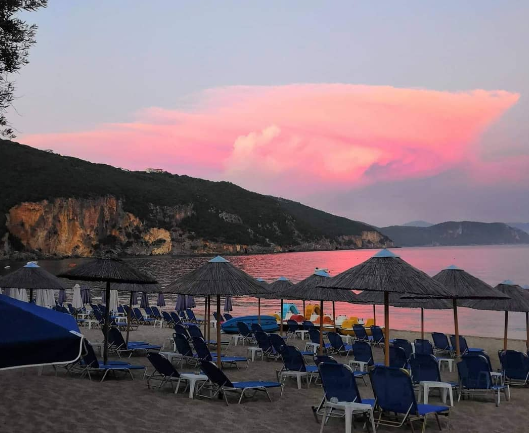
@enjoy_lichnos_bay_village_
Parga is one of the most picturesque villages on the west coast. Its Venetian-influenced buildings huddle together on the hillside, with whitewashed alleyways and bougainvillea tumbling down to the bay. A few miles south, you’ll find Enjoy Lichnos Camping, a welcoming haven set within an olive grove. Pitches are close to the beach in an RV-free meadow. Hire a catamaran or kayak, explore the sea caves or just chill in the friendly alfresco bar. Just half an hour away are the creepy, mythic ruins of the 2,500-year-old Necromantion, the gateway to the underworld.
2. Poros Beach Camping 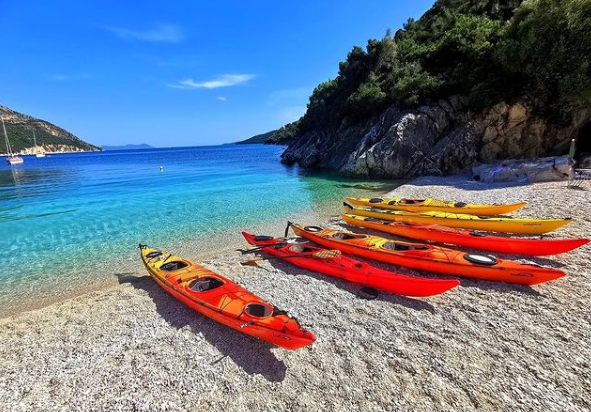
@porosbeach
A snake of road wheels by shady groves, dozing horses, and somnolent villages on its way down to Poros’s fine-pebbled beach. You can relax in the shade of the site’s stylish restaurant, head to the charming little port of Vasiliki for water-side dining, or just flop on the beach, watching the blue horizon compete with the serenity of the turquoise sea.
3. Tartaruga Camping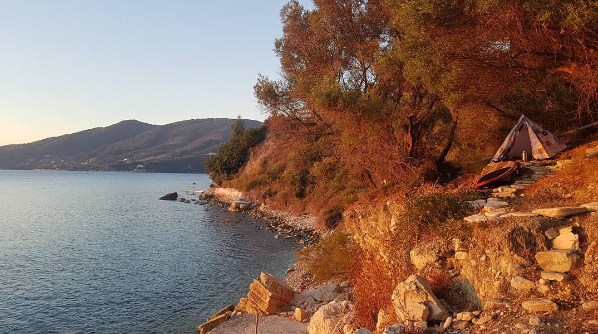
@katemarshallevansartoutdoors
Tartaruga offers one of the most dramatic views of any campsite in Greece; stare down at the epiphany-inducing sea from the giddy heights of its alfresco restaurant, unblemished but for a deserted island and the occasional puttering of a fisherman’s boat. As if to confirm its pedigree, loggerhead turtles have chosen the turquoise waters beside the site as a safe place to mate.
Lounge in the shadow of pines or visit the beach. You’re in the middle of nowhere – but the sense of dramatic escape is much the better for it.
4. Camping Areti 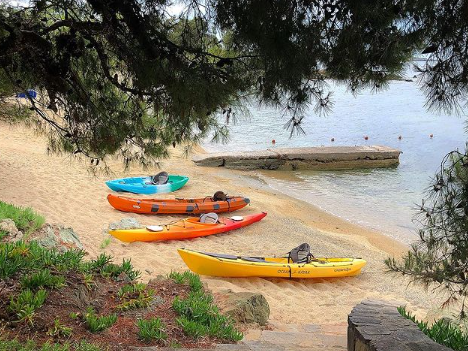
@xeaionescu
Areti sits on acres of eucalyptus and exotic flora. Its tranquil taverna is delightful, as are the many amenities, including a playground and tennis courts. There are hidden recesses, for cheeky romance, and inviting lookout points, for watching the sun go down. You can camp near the sea beside one of two beaches, dramatically screened by gnarled olive trees. On a clear morning, you can see the distant peak of Mount Olympus. For lunch, head to one of the tavernas in Neo Marmaras, an unpretentious market town.
5. Camping Antiparos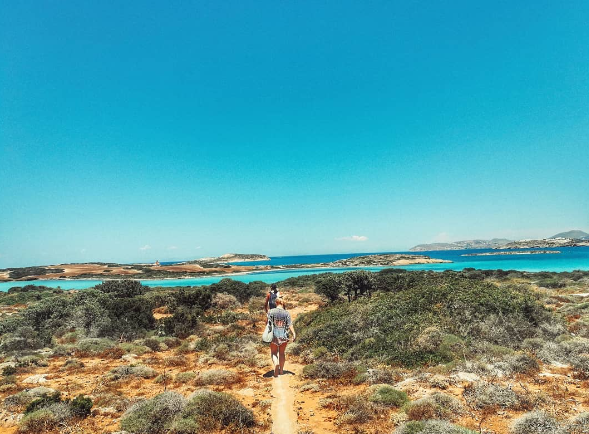
@vskrou
Antiparos is an intimate island just over the water from its larger sibling, Paros. Its harbor feels like a composite of everything Greek, with wrinkled fishermen, ripe fruit spilling from colorful crates, and an azure sky pure enough to melt the heart. No less enchanting is Camping Antiparos, on a rugged headland beside the sea. You can pitch under a tangled canopy of cedars or find a secret spot in the site’s bamboo field. The restaurant is a honey pot of homemade indulgence.


